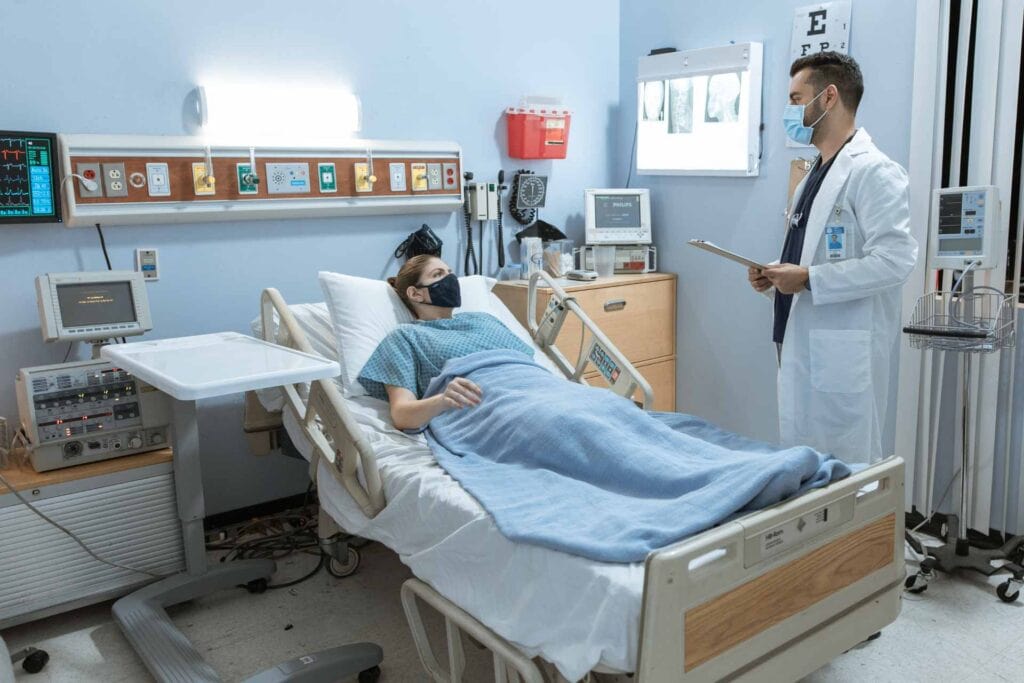Charleston, W.Va. — The West Virginia Hospital Association (WVHA) has released its Community Benefits Report, outlining the $1.02 billion in contributions our state hospitals make to the health of their patients.
Community benefits are defined as programs or activities that provide treatment and/or promote health and healing as a response to identified community needs. They increase access to health care and improve community health.
“When people see the familiar blue ‘H’ sign on the highway, they know the nearby hospital provides a wide range of services from advanced trauma care to community health such as immunizations,” said WVHA President and CEO Jim Kaufman. “But what many do not realize is the hospital also offers programs unique to its community – such as addiction programs and neonatal abstinence efforts; diabetes education; primary care in rural communities; and efforts to get individuals back into the workforce through partnerships with local missions.”
The stories in this Report are shining examples of how West Virginia hospitals go far beyond the delivery of traditional hospital care to bring health-related services to the people in their communities. The Report also highlights the magnitude of which hospitals are helping strengthen West Virginia’s economy.
Even through a few difficult years that resulted in financial fallout for health care providers, West Virginia hospitals continued to serve as essential providers of health care services and economic anchors for communities throughout the region. In all, hospitals account for more than $12.5 billion in economic activity for the Mountain State. Among other items, that includes:
- $642.9 million in care for which no payment was received;
- $363.4 million in Medicaid losses;
- $93.4 million in charity care; and
- $101.8 million in community benefit activities to improve the health of the local citizens, neighborhoods and communities they serve.
West Virginia hospitals also directly employ 49,000 people, accounting for $3.5 billion in wages and benefits, and indirectly support another 42,000 additional skilled jobs in the state. West Virginia hospitals make those abundant contributions while also handling the vast majority of total state voluntary and involuntary behavioral health inpatient hospital admissions, accommodating 900,000 emergency department visits, accepting more than 300,000 inpatient admissions, 5.6 million outpatient admissions, and delivering nearly 16,000 babies.
“The innovative community-based partnerships outlined in the Report continue to improve the overall health, wellness, and quality of life of West Virginia residents,” Kaufman said. “West Virginia hospitals offer a wide range of services and resources that extend access to care beyond the traditional hospital setting. This long-standing effort promotes the health and wellness of individuals and communities throughout the state.”













